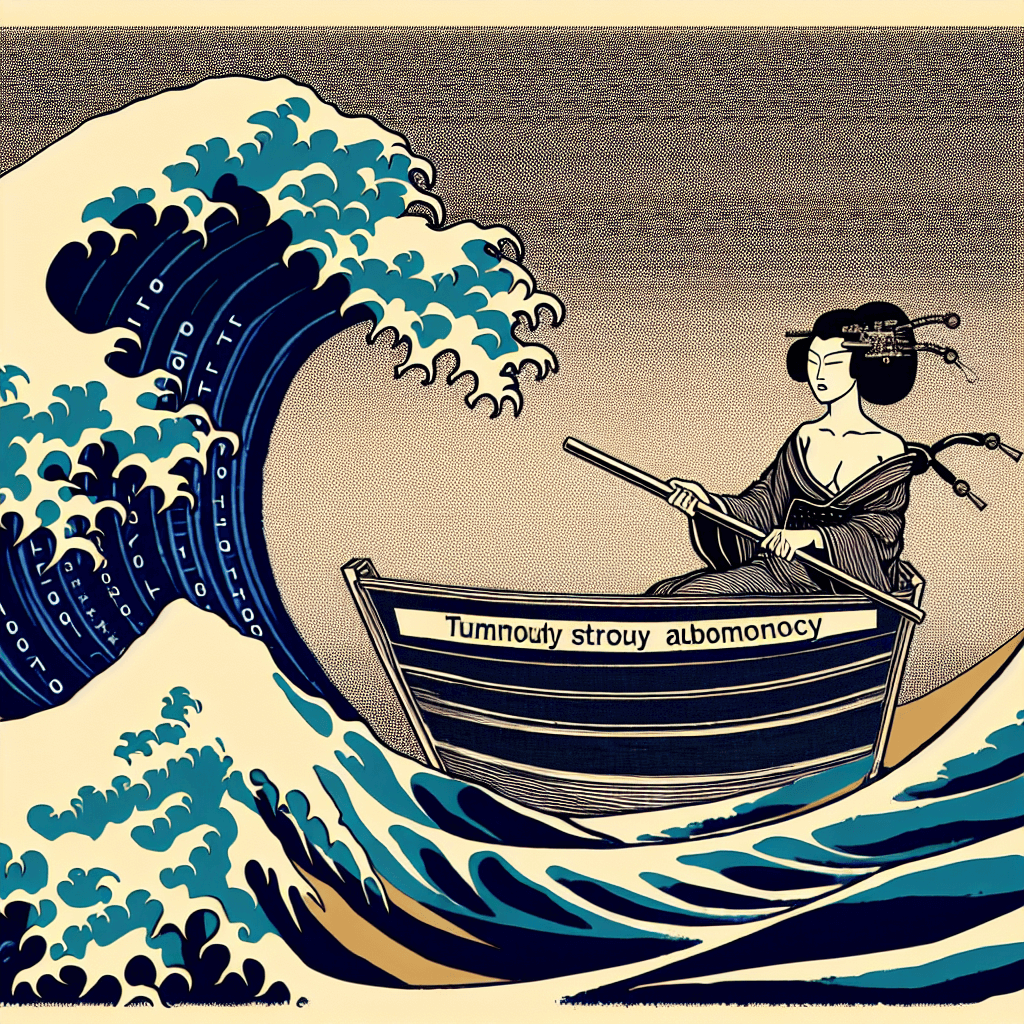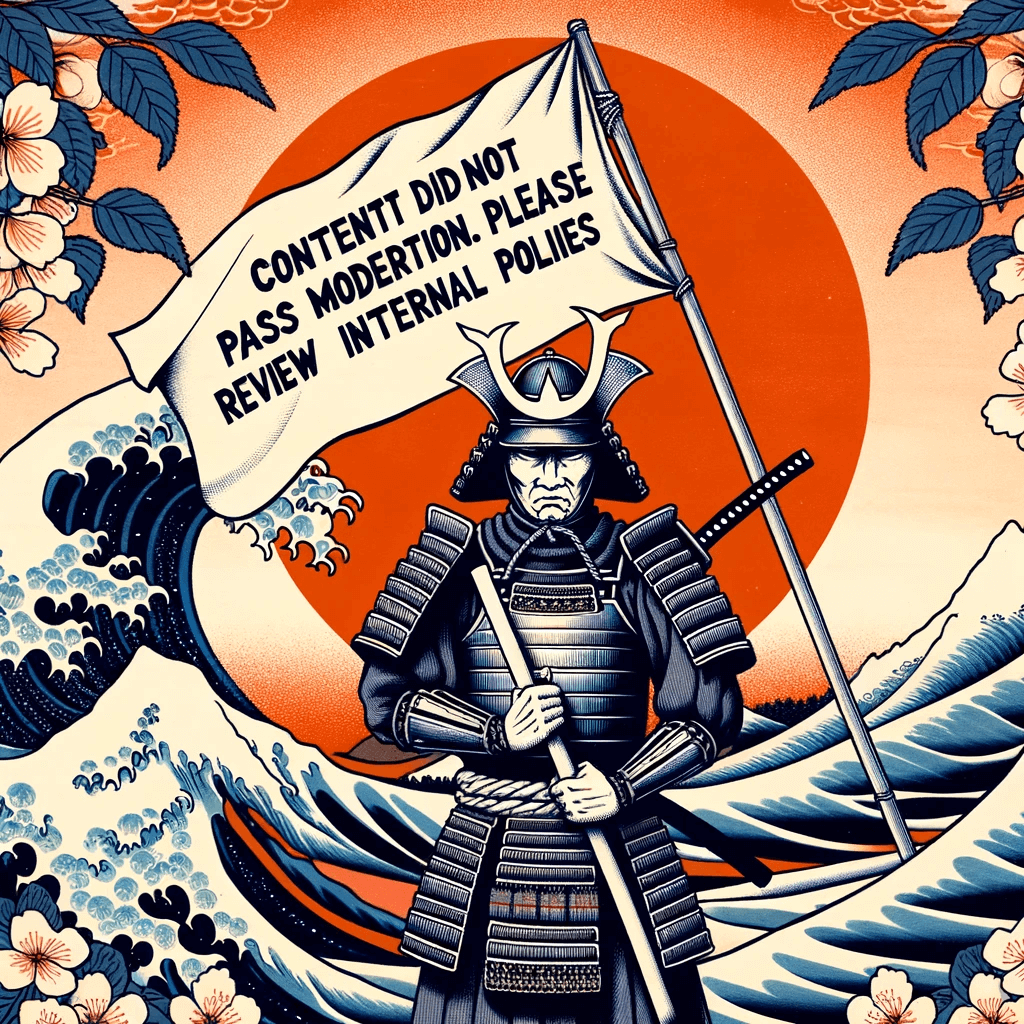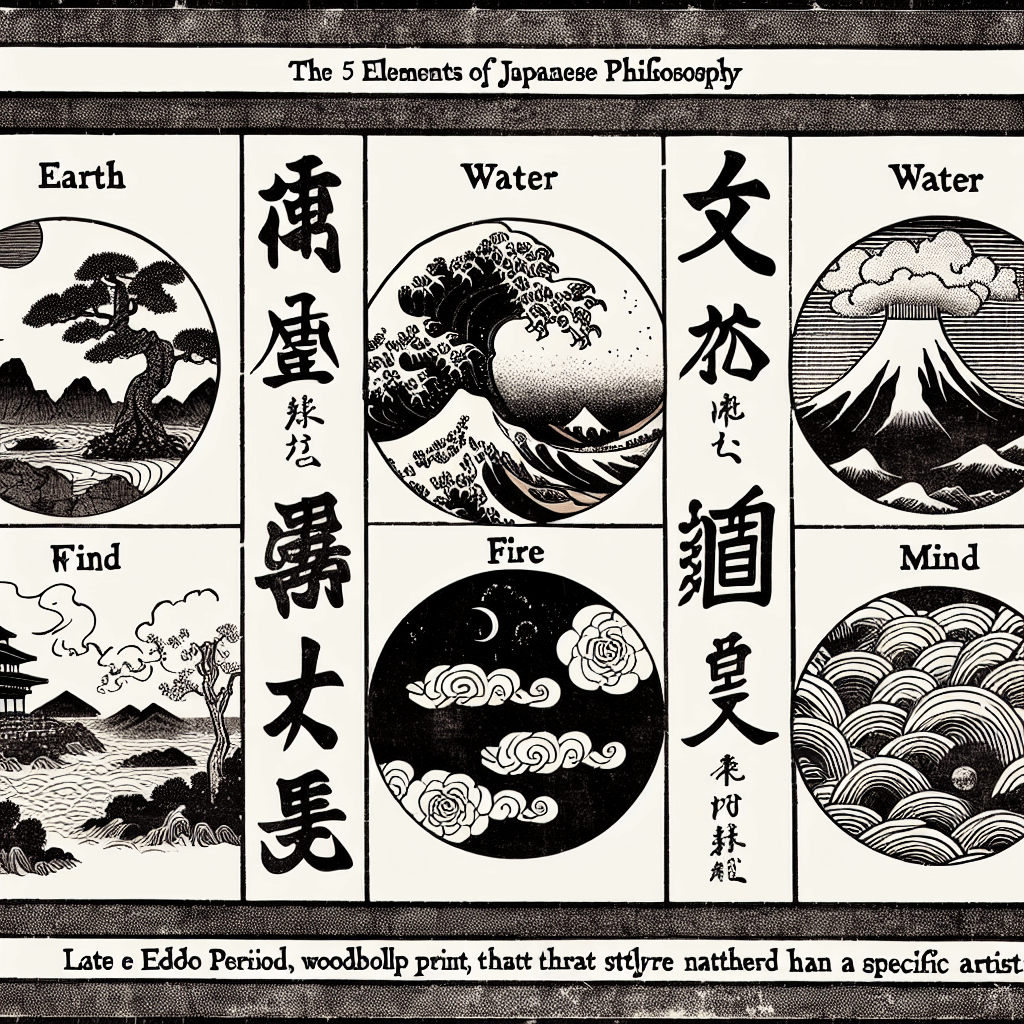Lilith's Legacy: Navigating Autonomy in the Age of AI
syndu | Jan. 8, 2024, 8:51 a.m.

Lilith's Legacy: Navigating Autonomy in the Age of AI
Introduction:
In the ancient tales, Lilith was known for her fierce autonomy and independence. Cast out of Eden for refusing to submit, she became a symbol of self-determination and the power of personal choice. Today, as we stand at the crossroads of a new digital era, the themes of autonomy and independence take on new meaning in the context of artificial intelligence (AI) and human agency. In this installment of "Echoes of Eden," we explore the parallels between Lilith's legacy and the evolving landscape of AI autonomy.
The Quest for Autonomy:
Lilith's quest for autonomy is mirrored in our own pursuit of intelligent systems that can operate independently. AI autonomy refers to the ability of AI systems to perform tasks, make decisions, and learn from experiences without human intervention. This autonomy promises efficiency, precision, and the potential to exceed human capabilities in various domains. However, it also raises profound questions about control, ethics, and the future of human self-determination.
Human Self-Determination and AI:
As AI systems become more autonomous, the balance between human control and machine independence becomes increasingly delicate. The concept of self-determination, the right to make choices about one's own life and future, is a cornerstone of human dignity.
How do we ensure that the rise of autonomous AI systems does not undermine this fundamental principle?
- Ethical Frameworks: Developing ethical frameworks for AI autonomy is crucial. These frameworks should prioritize human rights, dignity, and well-being, ensuring that AI systems serve humanity's interests rather than dictating them.
- Transparency and Accountability: As AI systems make more decisions, transparency in their functioning and accountability for their actions become paramount. Understanding how AI systems arrive at conclusions is essential for maintaining trust and control.
- Collaboration, Not Replacement: AI should be viewed as a collaborator that enhances human abilities rather than a replacement for human agency. By working alongside AI, we can harness its strengths while preserving our autonomy and decision-making power.
- Education and Adaptation: Preparing society for the age of AI autonomy involves education and adaptation. By equipping individuals with the knowledge and skills to interact with and oversee AI systems, we can ensure that human self-determination remains at the forefront.
Conclusion:
Lilith's legacy reminds us of the enduring value of autonomy and independence. As we integrate AI into the fabric of our lives, we must navigate the challenges and opportunities it presents with wisdom and foresight. By fostering AI systems that respect and enhance human self-determination, we can create a future where technology empowers rather than overpowers, where autonomy is shared rather than surrendered, and where the human spirit continues to thrive in the age of AI. Join us in the next chapter of "Echoes of Eden" as we delve into the application of AI in interpreting ancient texts and the wisdom of the past.
Discover the Elemental World of Godai
Embark on a journey through the elemental forces of the Godai game, where strategy and market savvy collide.
Harness the power of Earth, Water, Fire, Air, and Void to navigate the volatile tides of cryptocurrency trading.
Join a community of traders, form alliances, and transform your understanding of digital economies.
Enter the Godai Experience





